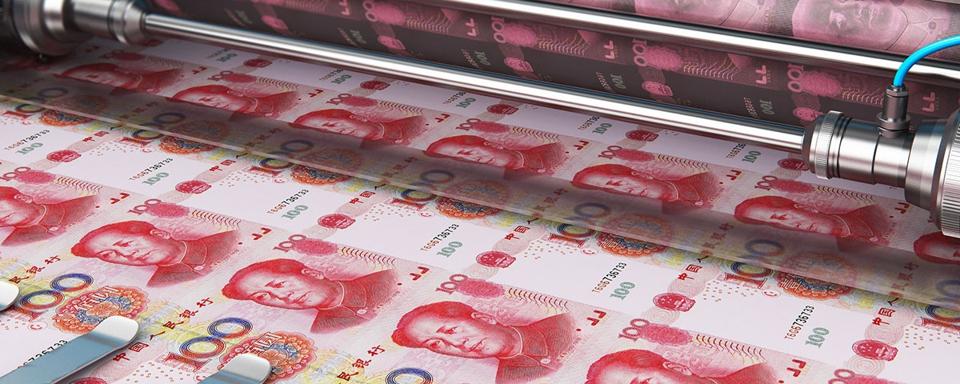Asian stocks were mixed overnight as the PBOC announced a larger-than-expected cut of the 5-year Loan Prime Rate (LPR).
The LPR, which helps set mortgage rates, is now down to 3.95% from 4.20% versus expectations of 4.10%. This is the largest single LPR cut ever and indicates the government’s focus on stabilizing housing prices. Due to households’ significant exposure to real estate, a price stabilization should help raise consumer confidence and spending over time. I have not seen data on the amount of cash that could be returned to households via refinancing, though I would assume it will be a significant amount.
Shanghai and Shenzhen overcame early losses to post their fifth positive day in a row, led by large/mega caps. The new CSRC, China’s version of the SEC, Chairman Wu Qing, has hit the ground running by hosting ten symposiums on the market with a variety of investors as he clearly wants to get the stock market up! It was interesting that a Mainland media source noted he is examining China’s settlement on trade data (T+0, trade date plus zero). Moving to T+1 (trade date plus one) would actually be a positive as T+0 is problematic for index funds’ rebalancing.
Hong Kong posted a small gain after a rough Monday trading session. The most heavily traded stocks by value were Tencent -0.21%, Alibaba HK +0.91%, energy giant CNOOC +3.32%, while BYD was down -2.25% on EV price war fears, which weighed on the space, and Meituan gained +0.89%. Amazing the negativity around China’s strong travel data as the nattering nabobs of negativity focus on “per capita” data. The negativity makes me positive as out of sight/out of mind. Tomorrow Trip.com (TCOM US) reports which should provide a good insight into the Chinese New Year data and the consumer.
The Hang Seng and Hang Seng Tech gained +0.57% and +0.35% on volume -6.24% from yesterday, which is 77% of the 1-year average. 340 stocks advanced, while 151 declined. Main Board short turnover increased by +4.94% from yesterday, which is 79% of the 1-year average, as 18% of turnover was short turnover (remember Hong Kong short turnover includes ETF short volume, which is driven by market makers’ ETF hedging). The growth factor and large caps outperformed the value factor and small caps. All sectors were positive except tech -0.54%, led by utilities +3.67%, healthcare +2.42%, and staples +1.77%. The top sub-sectors were business/professional services, pharmaceuticals, and healthcare equipment, while media, auto, and semis were the worst. Southbound Stock Connect volumes were moderate/light as Mainland investors bought $443 million of Hong Kong stocks and ETFs led by energy giant CNOOC, China Mobile, and China Construction Bank, while Tencent, SMIC, and Sinopec were small net sells.
Shanghai, Shenzhen, and STAR Board diverged +0.42%, +0.52%, and -1.13% on volume -17% from yesterday, which is 92% of the 1-year average. 3,286 stocks advanced, while 1,549 declined. The value factor and large caps outperformed the growth factor and small caps. The top sectors were utilities +0.85%, financials +0.73%, and healthcare +0.63%, while staples -0.67%, discretionary -0.66%, and tech -0.36%. The top sub-sectors were leisure products, cultural media, and chemicals, while auto, motorcycle, and power generation equipment were the worst. Northbound Stock Connect volumes were moderate as foreign investors sold -$17 million of Mainland stocks, with Mindray a small net buy, Kweichow Moutai and CATL moderate net buys, while BYD, Midea, and CMB were moderate/small net sells. CNY made a small gain versus the US dollar overnight. Treasury bonds rallied while copper and steel were off.
- CNY per USD 7.19 versus 7.20 yesterday
- CNY per EUR 7.77 versus 7.75 yesterday
- Yield on 10-Year Government Bond 2.41% versus 2.43% yesterday
- Yield on 10-Year China Development Bank Bond 2.59% versus 2.60% yesterday
- Copper Price -0.09%
- Steel Price -1.23%

